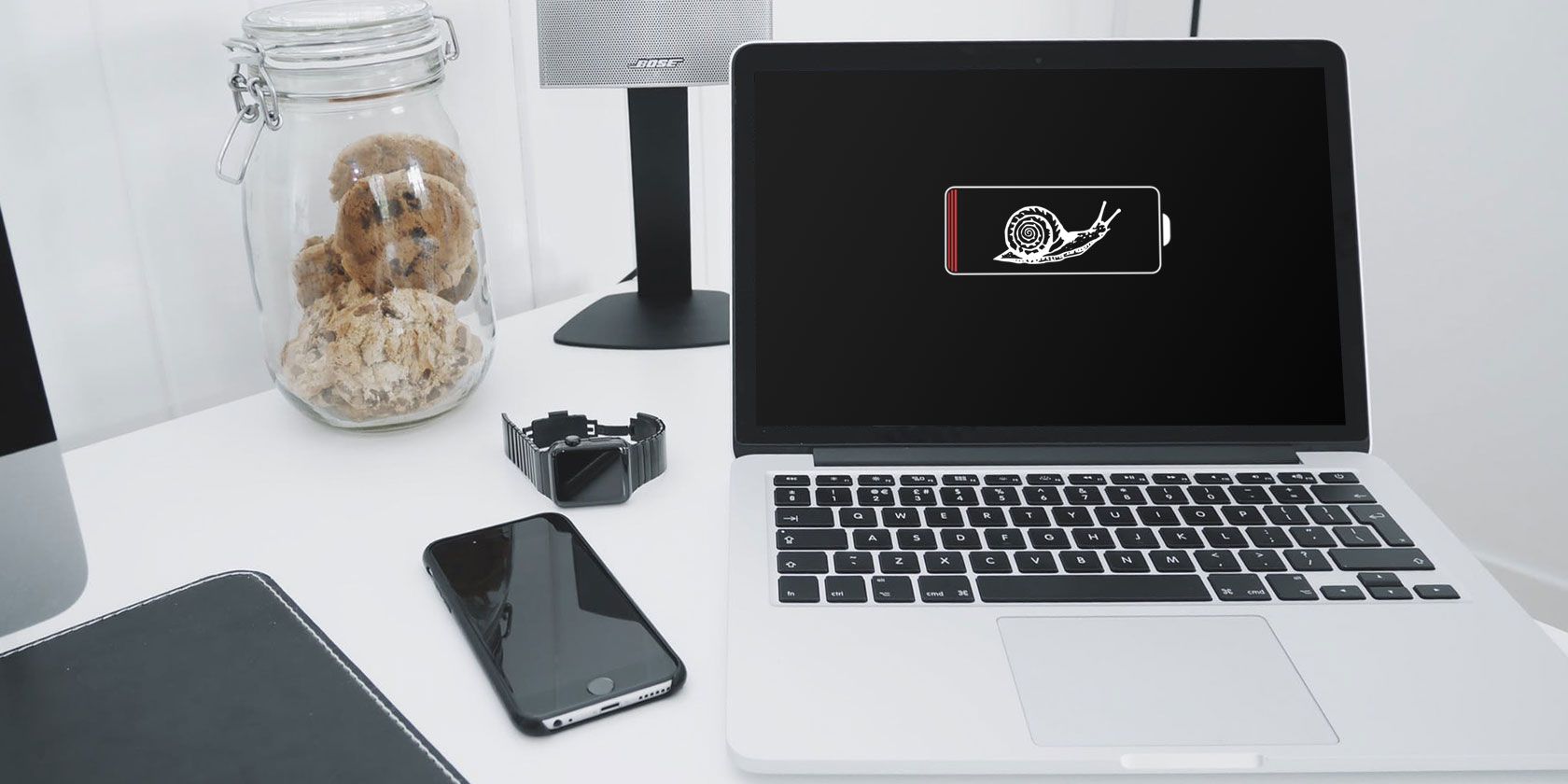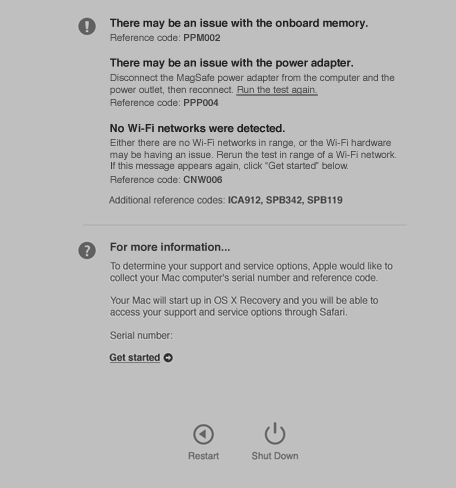

- #Mac runs slow when rebooting install#
- #Mac runs slow when rebooting software#
- #Mac runs slow when rebooting mac#
Thus, you must close the apps by choosing Quit from the application menu to the right of the Apple menu. Some remain open even after you close their windows. You cannon just close the window and presume that you have closed the apps though. Therefore, you can fix these problems by closing the applications. Most performance issues happen when too many applications use your memory. Each of them has their own means of speeding up your system, and you might need more than one of them to complete the job. You do that by following one of the following tips. Now that you know what is slowing it down, you might be wondering “how to speed up my Mac?”. You can even set alerts to inform you when the logs change.īesides the Activity Monitor and Console, you can use any system monitoring application such as “iStat Menus” from Bjano which will add various system-related charts and graphs to your menu bar. These notes contain a log of every process, activity, error, and task your computer handles, giving you a great diagnostics tool for troubleshooting your entire system, even kernel issues.
#Mac runs slow when rebooting mac#
The Console stores the notes your Mac writes for itself. If you need more details, you can issue the commands directly on the Console, which you can also find in the “Utilities” folder. You are going to want to Google anything you do not recognize as some of these processes might be legitimate things your system needs to run. With just a few clicks, it will show you which processes are hogging all of your system’s resources and CPU. You can even stop those tasks from the Monitor as well. It lists everything currently running on your Mac, including your applications and system features. You will find Activity Monitor in your “Utilities” folder. What’s Slowing Down Your Mac?įortunately, you have a few solutions you can use to see what is causing the slowdown. How you speed up your Mac depends on what is slowing it down.

Your hardware may no longer be fast enough for the latest versions. System and application specifications change. Regardless of where they come from, these files and programs use up the memory and storage space your Mac runs on.
#Mac runs slow when rebooting software#
That includes any software updates and upgrades for your applications and every new version of OS X you install.
#Mac runs slow when rebooting install#
Every piece of software you install taxes your system’s resources. How Macs Slow DownĬomputers slow down for a variety of reasons, but most of the time it is because of the applications and files you put on them. When it strikes, you need a simple way to speed up your Mac. To make matters worse, this process can happen in the blink of an eye.

Eventually, you will end up watching a spinning beach ball for minutes if not hours. This extra data slows your computer down. Your Mac may have started its life as a beautiful, fast Apple box, but it will collect files and corrupted data like a sponge as it ages. People rarely talk about this, but Macs do slow down over time.


 0 kommentar(er)
0 kommentar(er)
